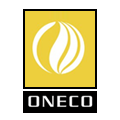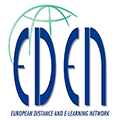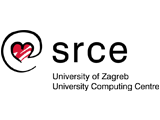The event was visited by 9 professionals working in Adult and Vocational Education Institutes, some of which closely collaborate with Q21 in the field of trainign development, implementation of e-learning solutions and exploitation of project results.
The event was opened with a brief introduction round of all participants, including statements of special interest on the topics of the event and motivations to join.Then an overall introduction about the objectives and participating organisations of ReOPEN was given, including a brief overview of the project’s activites in the partner countries.
Following the ReOPEN ICT platform and its contents were presented. Besides a technical introduction to the features and funcionalities of the platfrom, highlighting the elements that contribute to recognition of open online learning, e.g. user identification and credentialisation through badges, the contents of the training materials were elaborated. Aim was to help participants to receive a concrete picture of the learning materials provided and to come to a basic understanding of relevant terms and concepts, e.g. what open learning is, and how it should be designed in order to qualify for formal recognition of open learning offers.
This input was substantiated by good practice examples for distinct functions relevant for recognition, e.g. learner verification solutions, design of evidences and models of collaboration to foster recognition of open learning by formal education institutes.
After a short break a group discussion was held. Participants were firstly asked for their own experiences with open learning and their opinions about the trend to make open learning formally recognisable.
There was consensus, that especially for adult learners, whose objective to learn often corresponds to CPD efforts, this is highly relevant. The notion was uttered that there are so far little standards that help independent learners to assess the quality and applicability of open learning offers in regard to their specific needs. This was seen differently for learners working in larger organisations where learning for upskilling is accompanied by human resources departments who provide counselling on this specific question and thus are more ready to recognise the outcomes of open learning.
Participants agreed that the landscape of open learning offers is growing at rapid pace, but that they feel there should be more support to compare the features and potential benefits (cost/benefit ratio).







 Project No. 2016-1-LT01-KA202-023131″
Project No. 2016-1-LT01-KA202-023131″